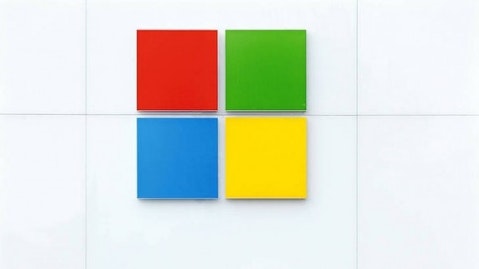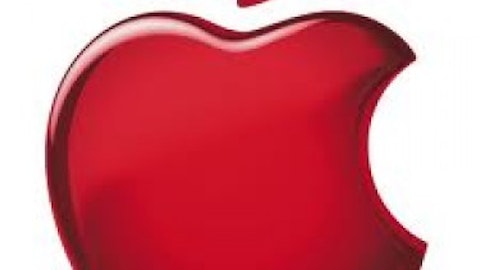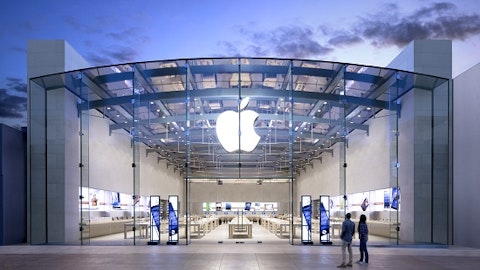Proclaiming the inevitable decline of Microsoft Corporation (NASDAQ:MSFT)‘s Windows business is hardly controversial at this point. Tablets and smartphones have begun to replace traditional PCs for many users, while Microsoft Corporation (NASDAQ:MSFT)’s Windows 8 has, in general, not been received favorably.
But perhaps Windows isn’t the only business segment Microsoft is in danger of losing. Apple Inc. (NASDAQ:AAPL) announced some changes to its Office competitor (iWork) on Monday, while Google Inc (NASDAQ:GOOG) continues to go after Office with its Docs.
Apple’s iWork: now more like Google Docs
IWork has been around since 2005 but has never come close to Office in terms of popularity. Functionality aside, iWork adoption has likely been limited by the fact that it’s only available on Apple Inc. (NASDAQ:AAPL)’s operating systems.
Given that the overwhelming majority of desktops run Windows, and that tablets are still not a popular medium for traditional work-related activities, iWork has never had the opportunity to directly compete with Office. But that changed on Monday.
Soon iWork will be available as a cloud service, integrated directly with iCloud, and accessible across nearly all operating systems — one needs only a browser to access it.
This puts it on equal footing with Google Inc (NASDAQ:GOOG) Docs, the search engine’s own Office competitor. What’s more, iWork is compatible with Office files, meaning that it could be easily blended into existing work processes.
It hasn’t been announced yet whether or not Apple Inc. (NASDAQ:AAPL) will charge for this new version iWork, or if it will offer superior functionality compared to Office.
Nevertheless, putting it in the cloud (and therefore making it accessible to users of many different operating systems) at least gives it the ability to compete with Office.
Google Docs might be good enough
Like with most of its products, Google Docs has been a work in progress. Features have been added, storage has been expanded. Now, Google is looking to take a piece of the Office market.
Google’s head of enterprise, Amit Singh, told AllThingsD last December that Google Inc (NASDAQ:GOOG) wants Microsoft’s customers. Specifically, Google wants the 90% of Office users that don’t use Office’s most advanced features.
Google still has a lot of work to do in bridging the gap. But Singh is probably right in that many of Office’s customers could eventually survive with Google Docs alone.
This piece, for example, is being written in Google Docs. Its word processing functions are advanced enough for me, and it didn’t cost me a dime. Just five years ago, I would’ve likely been writing in Microsoft Word.
Microsoft isn’t sitting by idly
But Microsoft Corporation (NASDAQ:MSFT) isn’t sitting on its hands. It continues to make significant updates to Office, such as incorporating Yammer, and creating Office 365, a subscription, cloud-based alternative to the traditional Office software installation.






